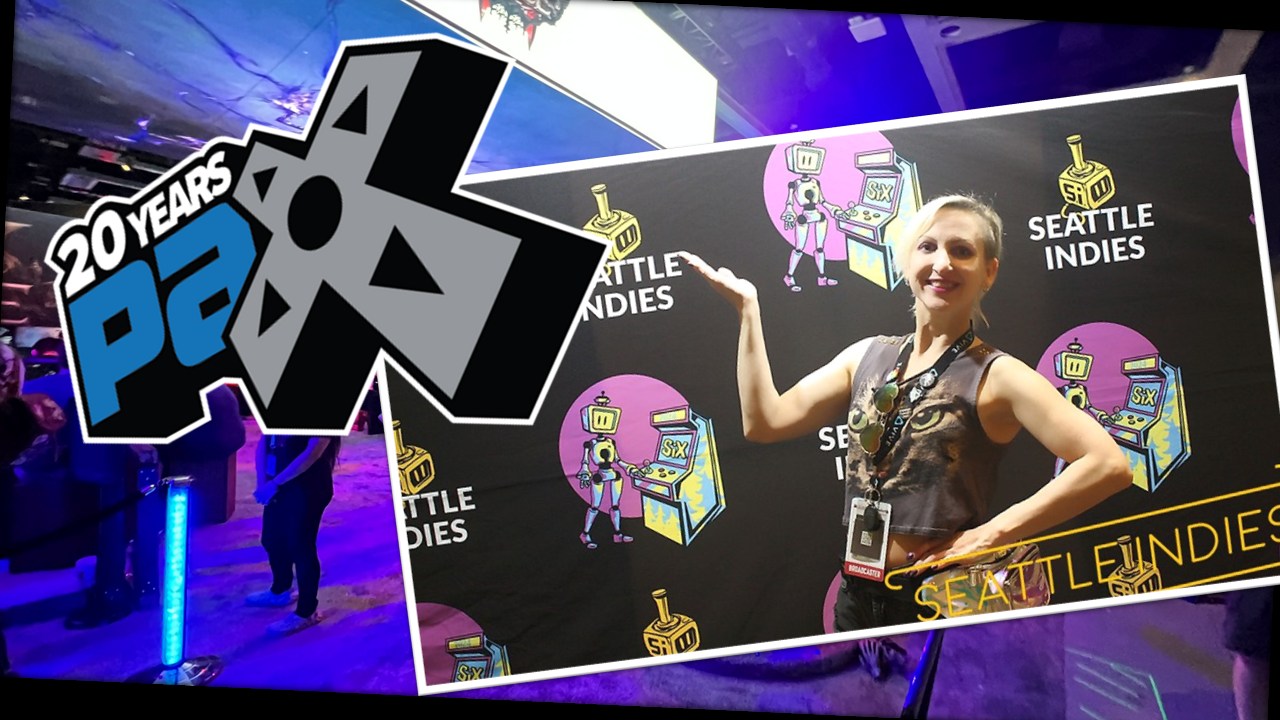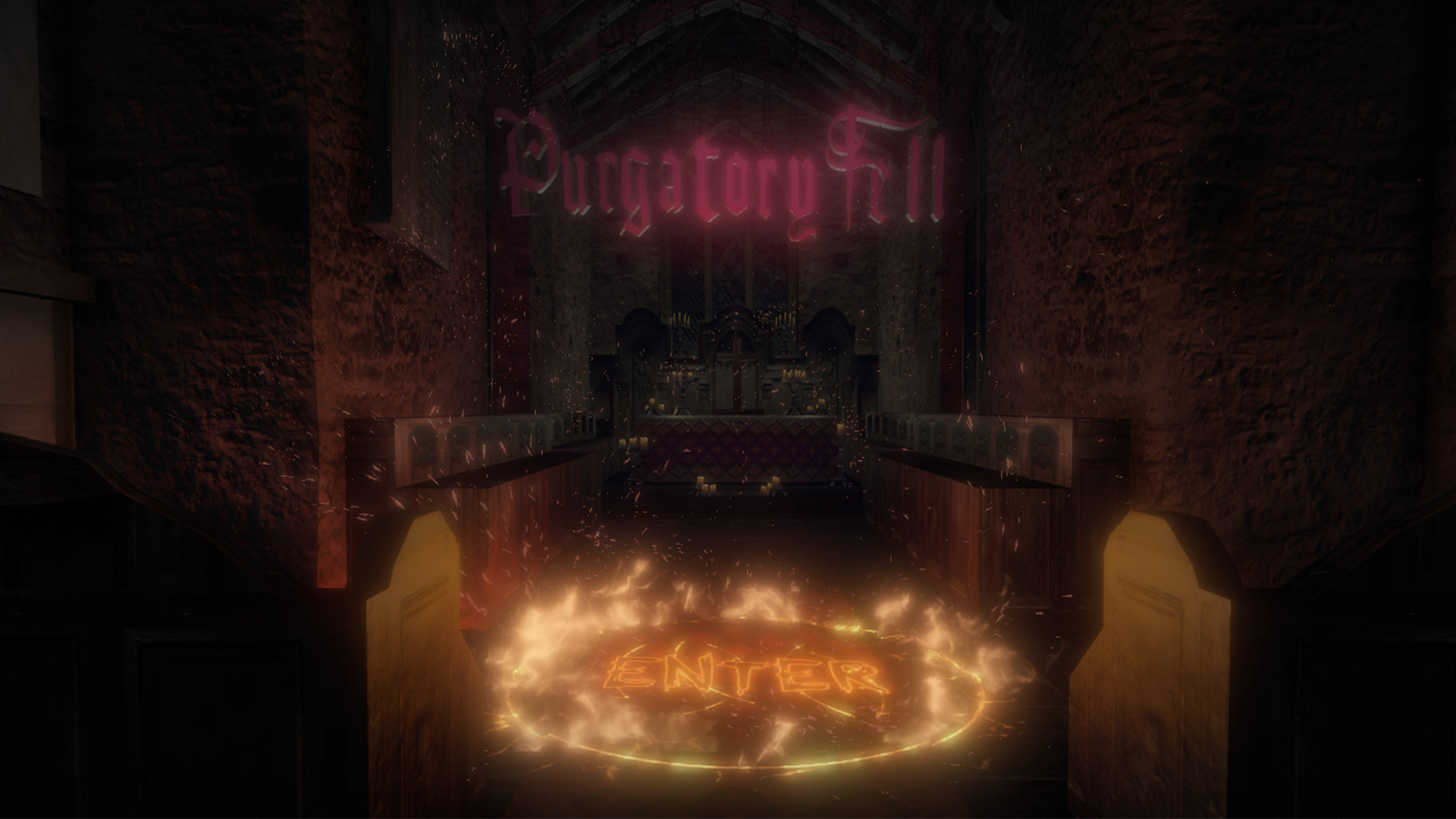Voice acting in video games is more than just speaking lines—it's about creating believable, memorable characters that players connect with emotionally. As a voice actor who's worked on both sides of the recording booth, I've learned that great voice work can elevate a good game to something truly special.
My Journey Began on Newgrounds
I got my start in voice acting back in the early 2010s on Newgrounds. The Voice Acting Forum was a goldmine for collaboration. Animators would post scripts, and I’d record lines from my closet setup. Those early collabs taught me timing, character consistency, and how to take direction — all from passionate indie creators.
From Newgrounds, I branched into YouTube animations, indie games, and eventually commercial projects. Those grassroots connections are still some of my favorite credits.
The Evolution of Game Voice Acting
Early games used text. Today, voice acting is essential for immersion. Modern games demand performances rivaling film — with branching dialogue, real-time reactions, and years-long recording schedules.
Character Development Through Voice
I start with:
- Backstory Research: Who is this character?
- Physical Presence: How do they move?
- Emotional Range: What extremes will they face?
- Vocal Quirks: Accents, stutters, breaths
Featured: My Voice Acting Compilation
Check out my video compilation of games, animations, and voice acting content — from Newgrounds classics to recent indie titles:
Best Practices
For Actors: Warm up, stay hydrated, study the game, be collaborative.
For Devs: Plan early, budget well, give context, respect the craft.


